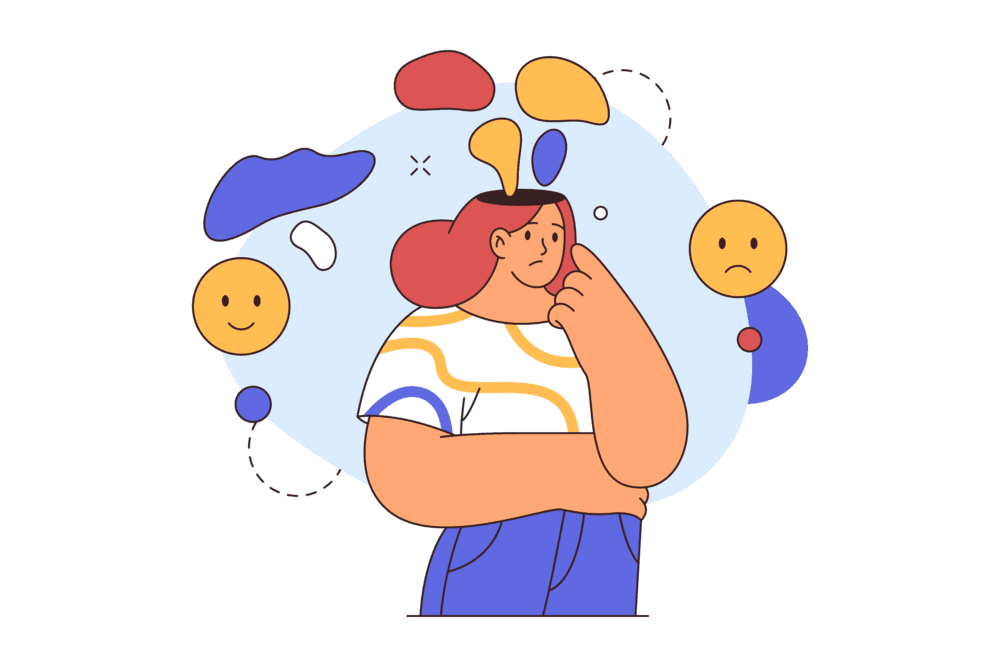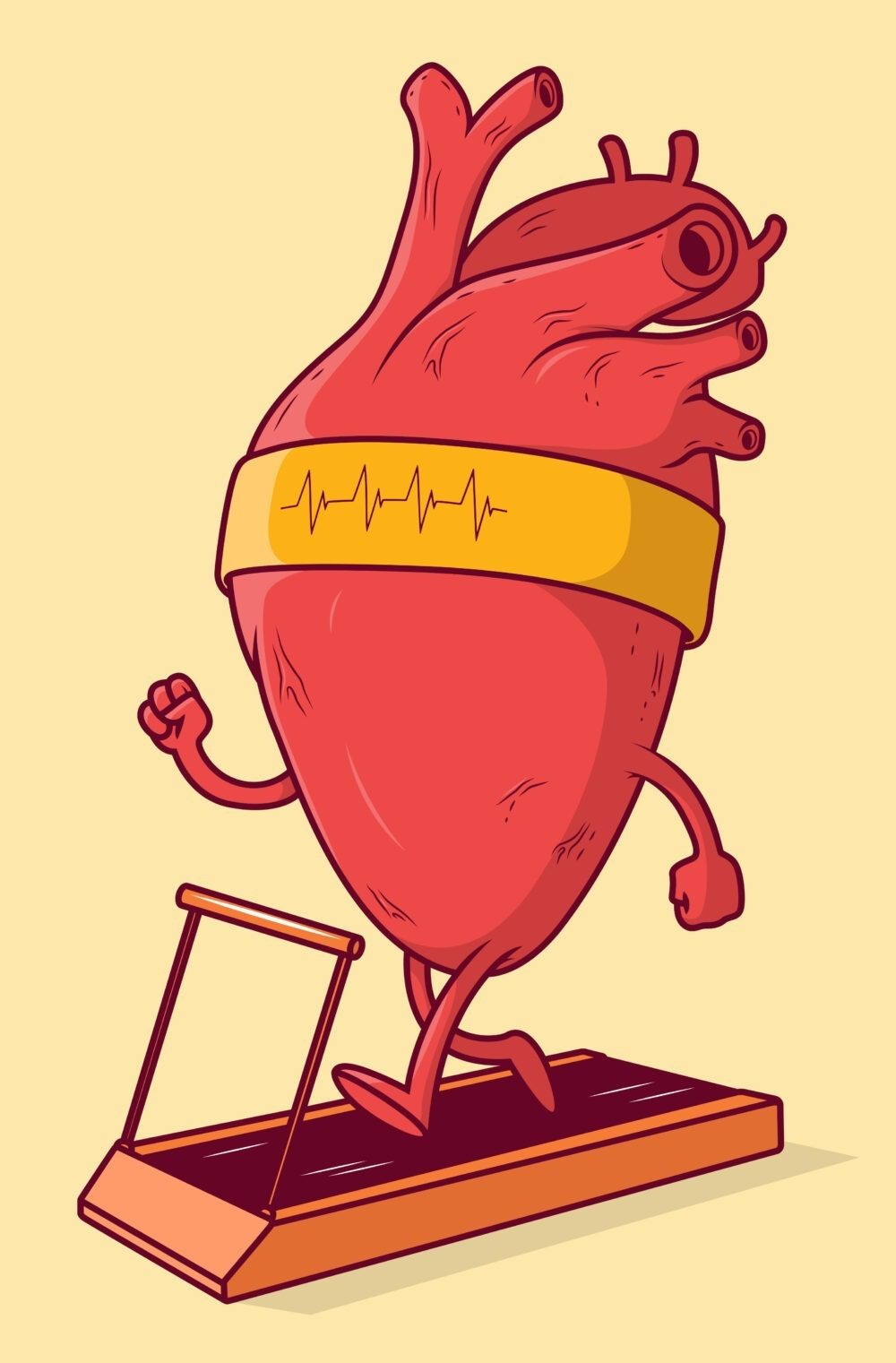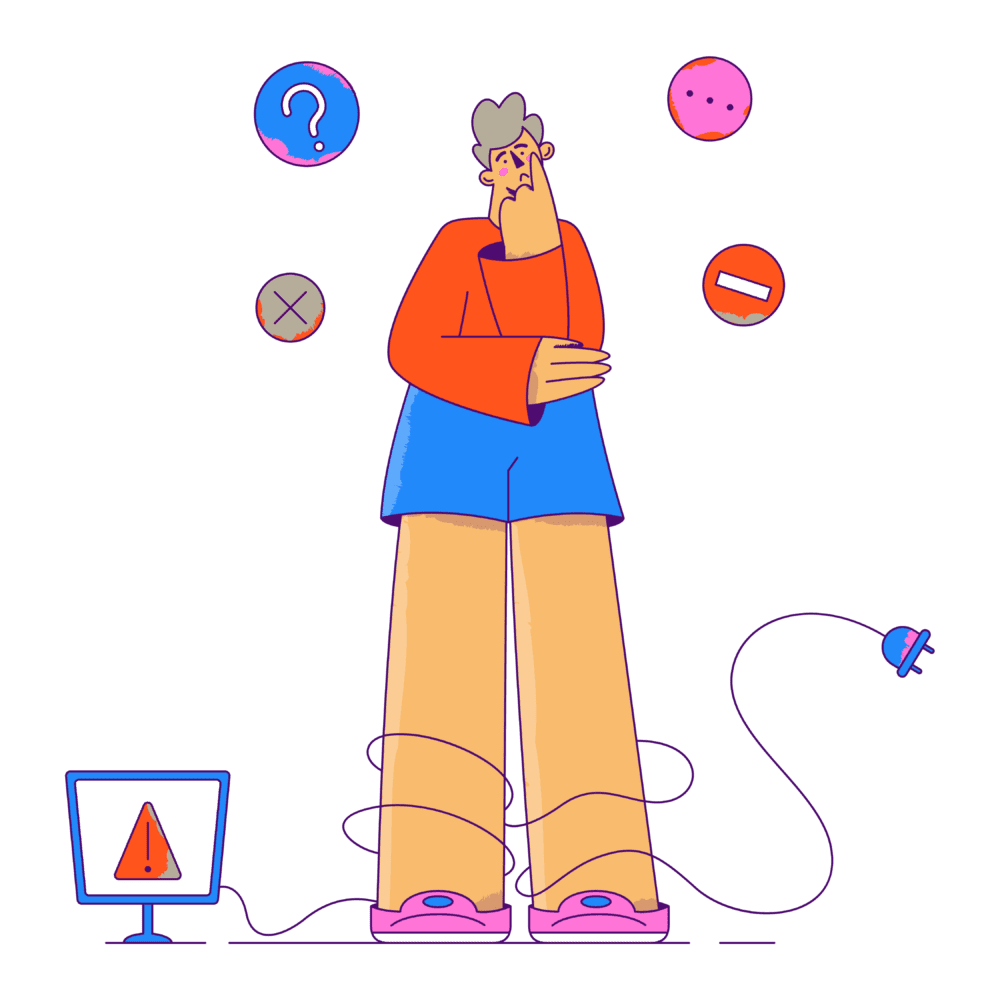Borderline Personality Disorder (BPD) is a complex and challenging mental health condition characterized by intense emotional experiences, unstable relationships, and a distorted sense of self. One of the key features of BPD is a phenomenon known as “splitting.” This emotional defense mechanism can significantly impact the individual’s relationships, self-perception, and overall well-being. What is Splitting?… Continue reading
Category Therapy
Neurotransmitters: Serotonin, Norepinephrine, and Dopamine and the Role of SSRIs and NDRIs
Neurotransmitters, including serotonin, norepinephrine, and dopamine, regulate mood, attention, and overall mental well-being. In this article, we’ll unravel the significance of these neurotransmitters and delve into the mechanisms by which Selective Serotonin Reuptake Inhibitors (SSRIs) and Norepinephrine-Dopamine Reuptake Inhibitors (NDRIs) operate to bring about positive changes in mental health. Neurotransmitters 101 How SSRIs Work How… Continue reading
Understanding Case Formulation in Therapy
Case formulation stands out as a crucial component in therapy, providing therapists with a structured approach to comprehensively understand and address the complexities of an individual’s psychological struggles. This article explores the formulation process and how it works in therapy. Definition Case formulation is a systematic and collaborative process in which therapists, in partnership with… Continue reading
Finding the Right Frequency: Unraveling the Ideal Cadence for Therapy Sessions
Whether you’re navigating the challenges of daily life or addressing deep-rooted issues, therapy can provide invaluable support. One question that often arises is, “What is the ideal frequency for therapy sessions?” The answer is complex and varies from person to person, depending on individual needs, circumstances, and therapeutic goals. Understanding Therapeutic Frequency Therapy is a… Continue reading
Understanding Rumination: Breaking the Cycle of Overthinking
Rumination is a common cognitive process that many individuals experience at some point in their lives. It involves repeatedly thinking about the same thoughts, often negative or distressing, without reaching any resolution. While reflection and introspection are natural aspects of human cognition, rumination takes these processes to an extreme, leading to a cycle of overthinking… Continue reading
Complex PTSD Symptoms and Treatment
Complex Post-Traumatic Stress Disorder (C-PTSD) is a mental health condition stemming from prolonged and repetitive trauma. This article aims to explore C-PTSD, including its symptoms in detail and effective treatment options, focusing on Cognitive Behavioral Therapy (CBT). Understanding Complex PTSD Complex PTSD differs from traditional PTSD in that it arises from sustained exposure to trauma,… Continue reading
Exploring the Pursuit of Meaning in Therapy
People often find themselves on a quest for meaning, seeking purpose and understanding in the complexities of life. The pursuit of meaning is a fundamental aspect of the human experience. It is a journey that many embark upon through various avenues, one of the most profound being therapy. This article explores the significance of the… Continue reading
Is Prisoner’s Dilemma a valid therapeutic concept?
The Prisoner’s Dilemma is a classic concept in game theory. It is the branch of mathematics and economics that studies interactions and strategic decision-making among rational individuals. Set up In the Prisoner’s Dilemma scenario, two suspects are arrested. The police lack strong evidence to convict them on a major charge. However, they have enough evidence… Continue reading
The Power of Assertiveness in Therapy: Techniques and Applications
Assertiveness is a fundamental tool that empowers individuals to express their needs, feelings, and boundaries effectively. Unlike aggression or passivity, assertiveness strikes a balance between respecting oneself and others. This article delves into its significance in therapy, exploring its applications and techniques that therapists use to facilitate personal growth and enhance interpersonal relationships. Understanding Assertiveness… Continue reading
Synchronicity in Therapy: A Profound Connection between Client and Therapist
The relationship between a client and a therapist involves emotions, thoughts, and experiences. Within this dynamic space, something remarkable can occur—synchronicity. Coined by Swiss psychiatrist Carl Jung, synchronicity refers to meaningful coincidences or events that unfold in therapy, creating a profound connection between the client and therapist. In this article, we delve into the synchronicity… Continue reading










